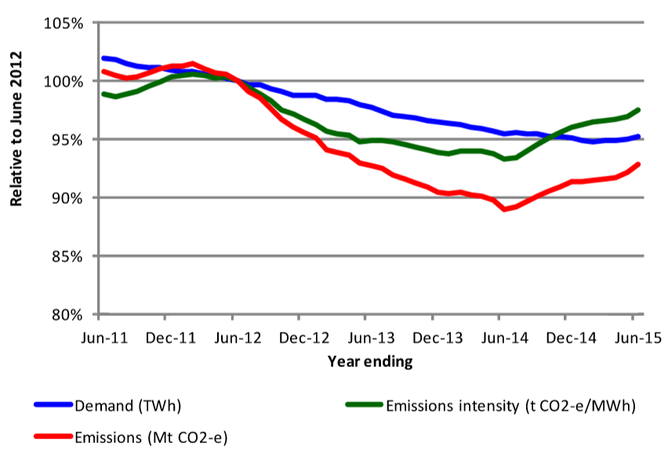Police are struggling to cope with the overwhelming number of Official Information Act (OIA) requests which flood their offices every day, and some of their time-saving measures are now prompting concern from the Chief Ombudsman.
Figures released last month show police received 10,582 OIA requests between May 2014 and April 2015, around 28 a day, more than one every hour. A fifth of those aren't being processed on time.
Which sounds like a lot (and they even include an estimate that it would need twn full-time staff to respond to them all). Except that the police are a huge agency. According to their 2013-14 Annual Report [p. 117], they have 11,673 employees. In other words, each police employee has to handle less than one OIA request a year. Its also worth remembering that most of these OIA requests aren't requests for information about police policy, but ordinary disclosure as part of the criminal trial process. Which is a vital part of their job.
To be fair, its not the police complaining about these numbers (though some of their recordkeeping sounds typically shoddy). But keep in mind when you see OIA statistics that both size and role matter. large agencies, and ones which have a direct impact on people's lives, will get more requests. Agencies which have arbitrary power over their "clients" will also get more as a result of disputes. Which is why ACC, Immigration and (more recently) EQC and CERA get so many: because its a core part of people checking whether their treatment was lawful and according to policy.

